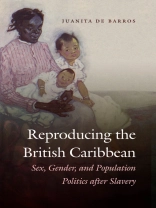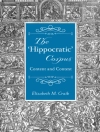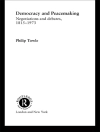This innovative book traces the history of ideas and policymaking concerning population growth and infant and maternal welfare in Caribbean colonies wrestling with the aftermath of slavery. Focusing on Jamaica, Guyana, and Barbados from the nineteenth century through the 1930s, when violent labor protests swept the region, Juanita De Barros takes a comparative approach in analyzing the struggles among former slaves and masters attempting to determine the course of their societies after emancipation. Invested in the success of the "great experiment" of slave emancipation, colonial officials developed new social welfare and health policies. Concerns about the health and size of ex-slave populations were expressed throughout the colonial world during this period. In the Caribbean, an emergent black middle class, rapidly increasing immigration, and new attitudes toward medicine and society were crucial factors. While hemispheric and diasporic trends influenced the new policies, De Barros shows that local physicians, philanthropists, midwives, and the impoverished mothers who were the targets of this official concern helped shape and implement efforts to ensure the health and reproduction of Caribbean populations in the decades before independence.
Juanita De Barros
Reproducing the British Caribbean [EPUB ebook]
Sex, Gender, and Population Politics after Slavery
Reproducing the British Caribbean [EPUB ebook]
Sex, Gender, and Population Politics after Slavery
Beli ebook ini dan dapatkan 1 lagi GRATIS!
Bahasa Inggris ● Format EPUB ● Halaman 296 ● ISBN 9781469617930 ● Penerbit The University of North Carolina Press ● Diterbitkan 2014 ● Diunduh 3 kali ● Mata uang EUR ● ID 6612117 ● Perlindungan salinan Adobe DRM
Membutuhkan pembaca ebook yang mampu DRM












